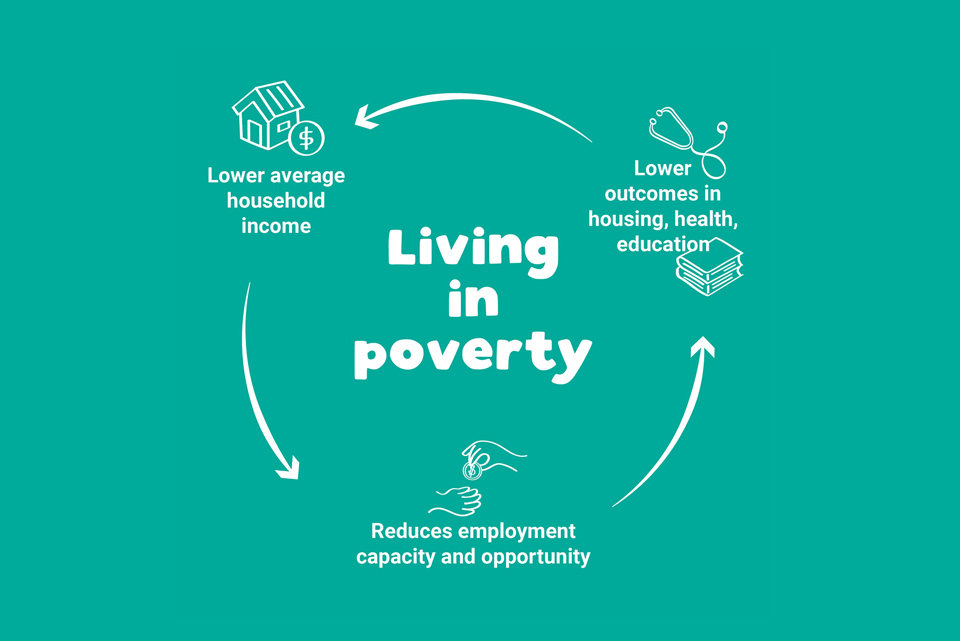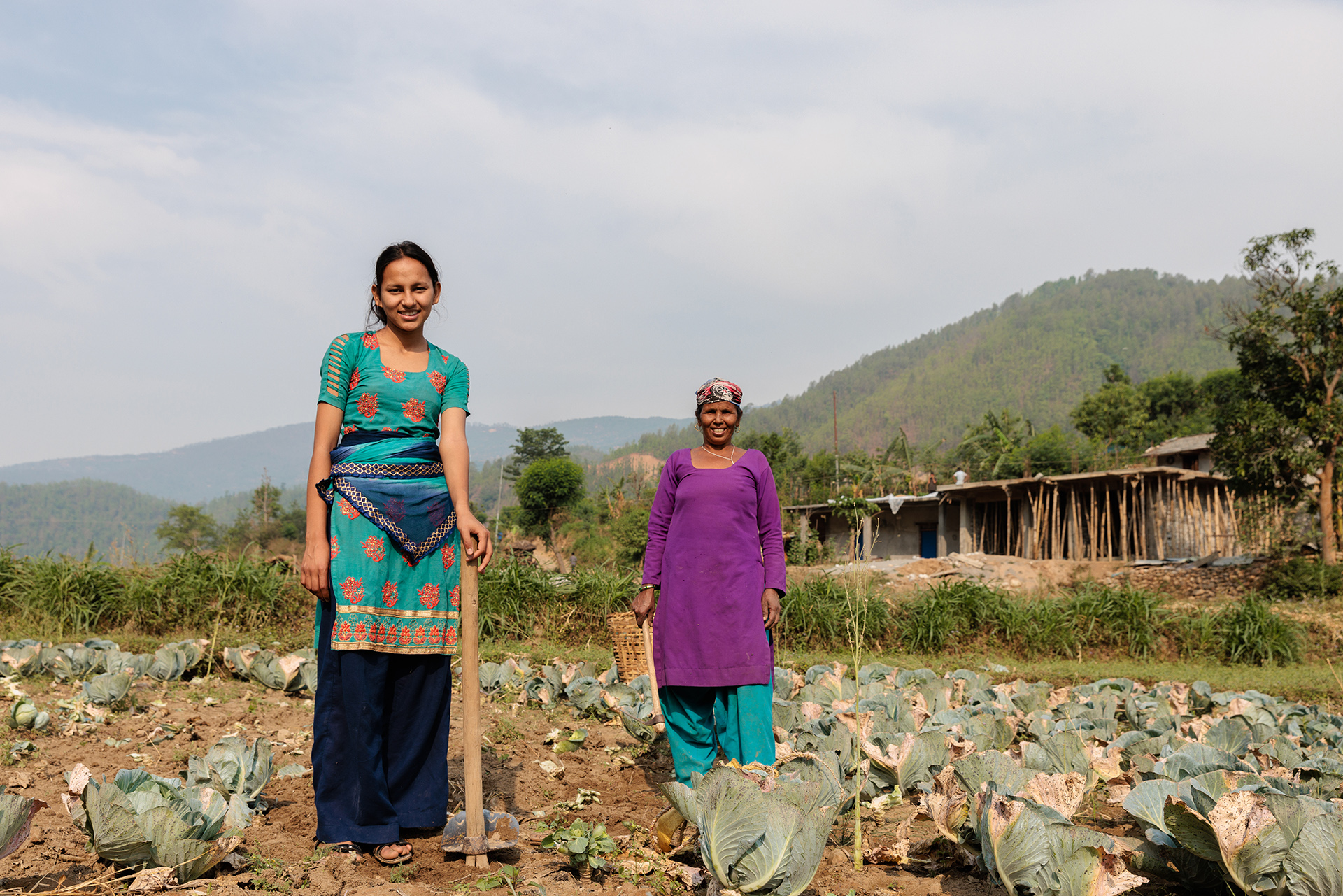"I wish my children to live a happy life".
Mankala is a mother of five children, including 16-year-old Laxmi who is featured in this year's Project Compassion.
“Even though I didn’t go to school, I wish my children to live a happy life and earn well,” Mankala said.
Living in a remote village in Nepal, Mankala never went to school and missed out on the opportunity to learn how to read or write. Despite the economic hardship that her family faced, Mankala was determined that her daughter, Laxmi, receive an education. After the death of her husband, Mankala continued working from dawn to dusk, growing vegetables and carrying them to the market to earn enough income to support her children's education.
When Laxmi grows up, she wants to finish her education so that she can earn an income to support her mother.
“I feel sad seeing my mother's struggle. Mother does all this for us, so that we can study and we don't have to struggle like this in the future. She is working so hard for our education,” Laxmi said.

Laxmi and her mother, Mankala, take a break from working in their fields close to their home. Photo: Richard Wainwright/Caritas Australia

The Cycle of Poverty
Poverty and education are connected in a vicious cycle. When you’re living in poverty, it is difficult to pay for all the expenses that come with an education such as school fees, books, uniforms and stationery. Without an education, it becomes difficult to find employment and earn sufficient income to lift yourself out of poverty. This cycle can continue for generations.
Education can help break the cycle of poverty
Tragedy struck Laxmi's family when she was 10-years-old. Her father, who worked hard to pay for his children’s education, fell ill. He had to go to the hospital numerous times, but his condition did not improve. Despite trying everything they could, Laxmi’s father passed away.
Laxmi was devastated. She used to love to go to school but for the first time she stopped attending her classes.
In Australia, we are privileged to have one of the best education systems in the world. But for girls in remote areas of Nepal, poverty and gender inequality can hinder their prospects of finishing school and pursuing their dreams. This is why it is so important that girls like Laxmi are provided with the right support so that they can continue with their education.
Prior to her father’s passing, Laxmi joined a child’s club at her school that was run with the support of Caritas Nepal, through the Nepal Livelihoods and Resilience Program.
These clubs support students to participate in extracurricular activities to develop their speaking, writing and leadership skills through debating competitions and essay writings. The children also organise awareness-raising activities such as public rallies, street dramas and posting wall magazines to highlights issues such as child rights, child protection, child marriage and labour exploitation.

Laxmi and her mother Mankala work in their fields close to their home in Jajarkot district, western Nepal. Photo: Richard Wainwright/Caritas Australia
With the encouragement of her child's child, Laxmi returned to school to continue her education.
She became more actively involved in her child's club and developed greater confidence as she participated in public speaking and debating activities. Laxmi was keen to take on a leadership role and she was elected as the chairperson of her club.
"When she was small, she was afraid, couldn't speak," Mankala, Laxmi's mother said. "Now, she has joined the child's club, and studies and learns lot. She teaches others. She can read. When she was small, she was afraid, couldn't speak. Now, she can speak. She can say anything and she can work."
Your support today can unlock the potential of the next generation of young leaders like Laxmi.

Laxmi leading members of her child's club in a street rally. Photo: Richard Wainwright/Caritas Australia
Together, we can create lasting change For All Future Generations
Since 2018, Caritas Nepal has supported more than 5,000 children through child's clubs.
It is because of the support of people like you that children like Laxmi can attend child's clubs in Nepal. Your generosity today can help educate, encourage and empower young people like Laxmi, so that they can develop the skills they need to break the cycle of poverty.












